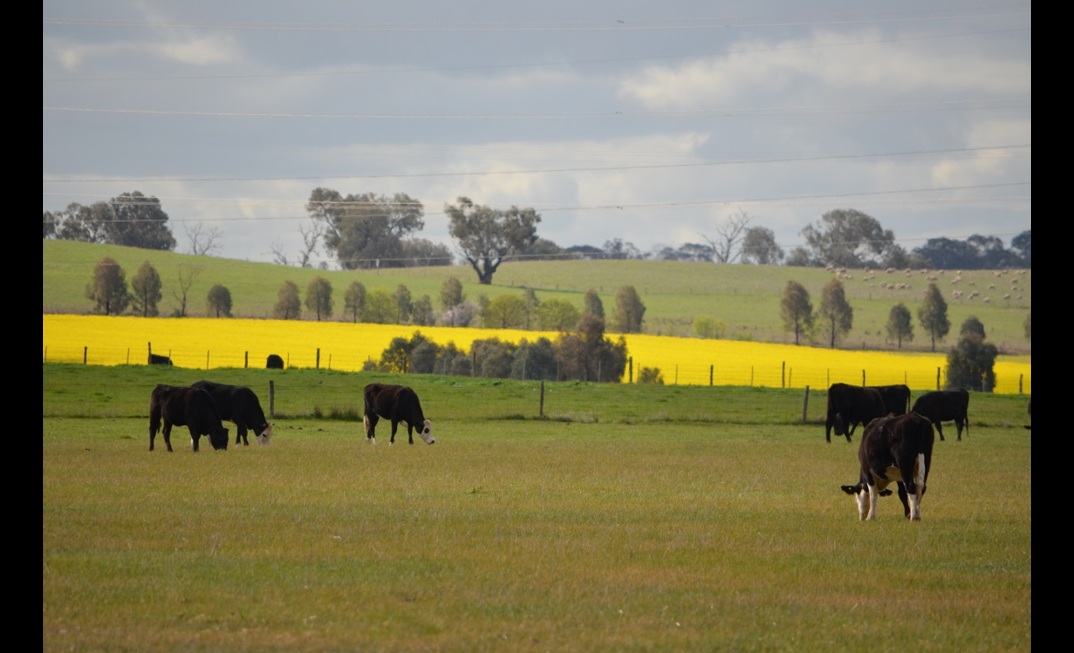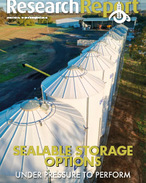Under the proposed plan to include environmental sustainability, driven by the NHMRC's Dietary Guidelines Expert Committee, environmental messaging would be included in a revision of the national Dietary Guidelines.
The Guidelines provide advice on the types and amounts of food Australians should eat to meet nutritional requirements. The Guidelines are also used as a tool for health and nutrition professionals in patient care.
CA chief executive officer, Dr Chris Parker, said the grass-fed cattle industry held grave concerns the inclusion of environmental messaging would fail to grasp the reality of modern beef production and muddy the waters for consumers on how best to optimise their health through nutrition.
"Australian beef producers prioritise their responsibility to care for natural resources and we absolutely stand behind our sustainability credentials and commitment to continual improvement, as evidenced by the gains we consistently make across a range of environmental measures," Dr Parker said.
"Any move that provides an opportunity for environmental ideologies or agendas that fail to understand the world-leading work being undertaken by Australian beef producers, and which ignores both the positive contribution we make to the landscape and the nutritional needs of our community, is entirely misguided and inappropriate."
Dr Parker said deviating from the Australian Dietary Guidelines' core function of promoting public health and preventing chronic disease posed a real threat to consumers, who would not benefit from accurate and reliable information about their basic nutritional requirements and the important role red meat plays in nourishing the nation.
"A typical 150g serving of Australian beef contains 12 essential nutrients recommended for good health and is a powerful source of protein, iron, zinc and vitamin B12," he said.
"Beef that is predominantly grass-fed is also a source of Omega-3 fatty acids, with more iron and zinc than poultry and fish.
"Further, the Federal Government's own statistics showed that in 2020 the Australian beef industry had reduced its net CO2e emissions by 64.1 per cent since 2005 and it continues to improve on key sustainability measures."
Dr Parker said given the Dietary Guidelines are only reviewed periodically, with the current guidelines from 2013, the risk was they would become outdated and fail to keep pace with changes in the beef industry.
"To move away from core nutritional information could confuse Australian consumers and deny them of real data as to how red meat can play a role in healthy lifestyles," he said.
"We are calling on the NHMRC to intervene in the review of the Dietary Guidelines to ensure it is based on robust nutritional science for the benefit of the Australian community, and not risk it becoming a platform for political agendas and misinformation that sends mixed messaging that could, in the long-term, be to the detriment of public health."
The NHMRC is currently in an Evidence Review phase of its revision of the 2013 national Dietary Guidelines. More details can be found here: https://bit.ly/3uBvipn
























